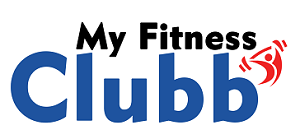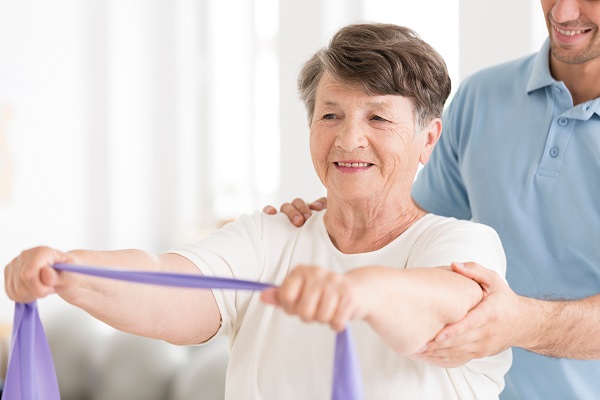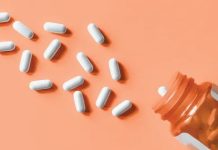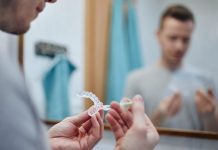Navigating the murky waters of a stroke can be a terrifying journey. You’re not alone. Imagine having a trusted guide, a neurosurgeon, by your side. They have an intricate understanding of the brain’s workings. They know how to handle the most prominent enemy, like the raging beast of cervical disc disease Roswell. They are thorough, efficient, and equipped with the latest medical advancements. They are your best weapon in the battle against stroke and its terrifying aftermath. In this blog, we will delve into how these brain warriors help stroke victims reclaim their lives.
The Role of Neurosurgeons in Stroke Recovery
Think of a neurosurgeon as a keen-eyed eagle, soaring above the battlefield of stroke recovery. Their vision is clear, their actions precise. They are armed with the knowledge of the brain’s complex labyrinth and the skills to navigate it.
Their primary responsibilities in stroke recovery include:
- Identifying the issue: They precisely locate the affected area in the brain and determine the severity of the stroke.
- Performing surgery: In severe cases, they conduct procedures to remove blockages or repair damaged areas, like the beastly cervical disc disease Roswell.
- Post-operation care: Their duty does not end with surgeries. They monitor patients’ recovery progress, ensuring no recurring issues.
The Power of Regular Check-ups
Regular check-ups play a significant part in stroke recovery. They are like the constant chirping of the neurosurgeon eagle, reminding you that you are not alone in this journey. These check-ups help monitor recovery progress and detect any potential issues early on. They are crucial in preventing another stroke or mitigating its impact.
The Effects of Lifestyle Modifications
Imagine the brain as a castle under siege by lifestyle-related diseases. Poor diet, lack of exercise, smoking, and excessive alcohol consumption are the enemy catapults and battering rams. Neurosurgeons often recommend lifestyle modifications to strengthen this castle’s defenses.
Some of these changes include:
- Healthy diet: Consuming a diet rich in fruits, vegetables, and lean proteins can reduce the risk of another stroke.
- Regular exercise: Physical activity helps keep the body’s systems functioning optimally, including the brain.
- Smoking and alcohol: Neurosurgeons advise against smoking and excessive alcohol intake as they can increase the risk of stroke.
Conclusion
Recovering from a stroke can feel like crossing a turbulent sea. But with a neurosurgeon as the captain of your ship, you have the best chance of reaching the shore of good health. Their expertise, the regular check-ups, and lifestyle modifications are the strong winds pushing the sails. Together, they aid in overcoming the storm of stroke recovery.








